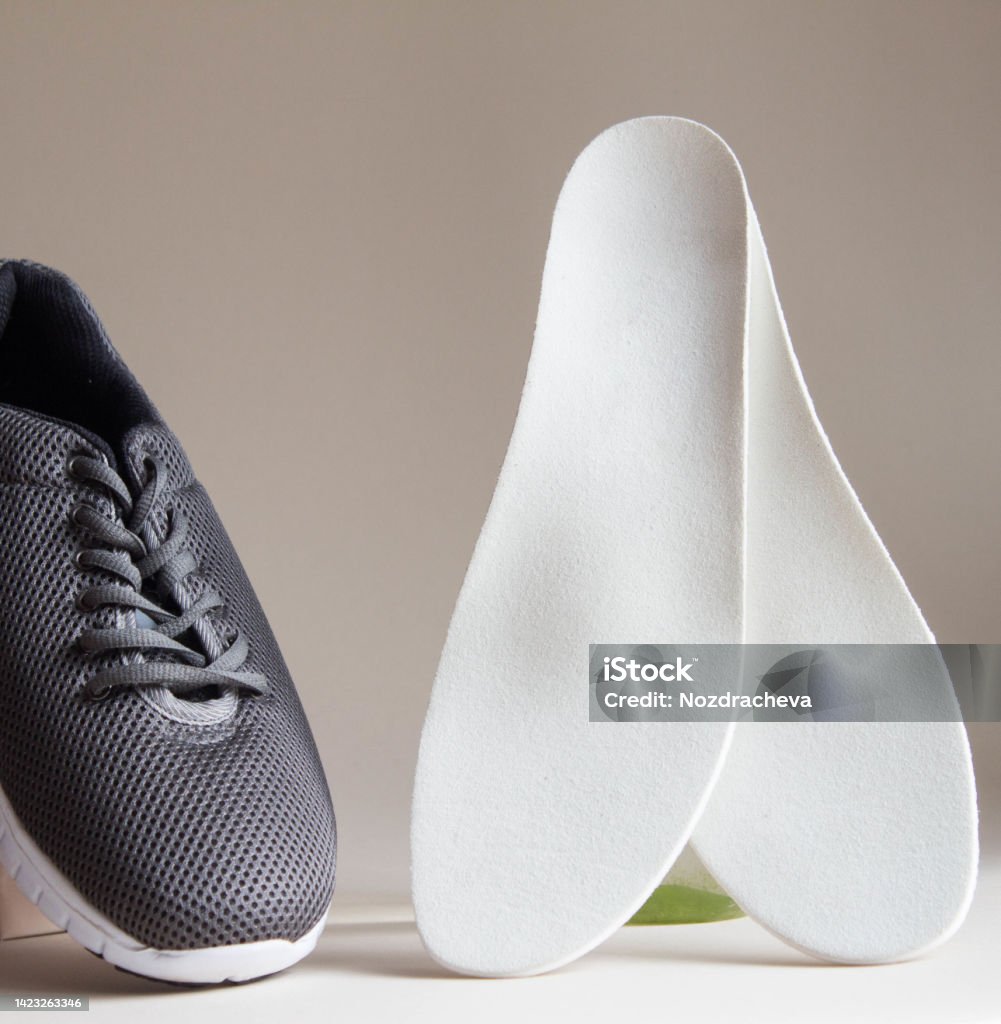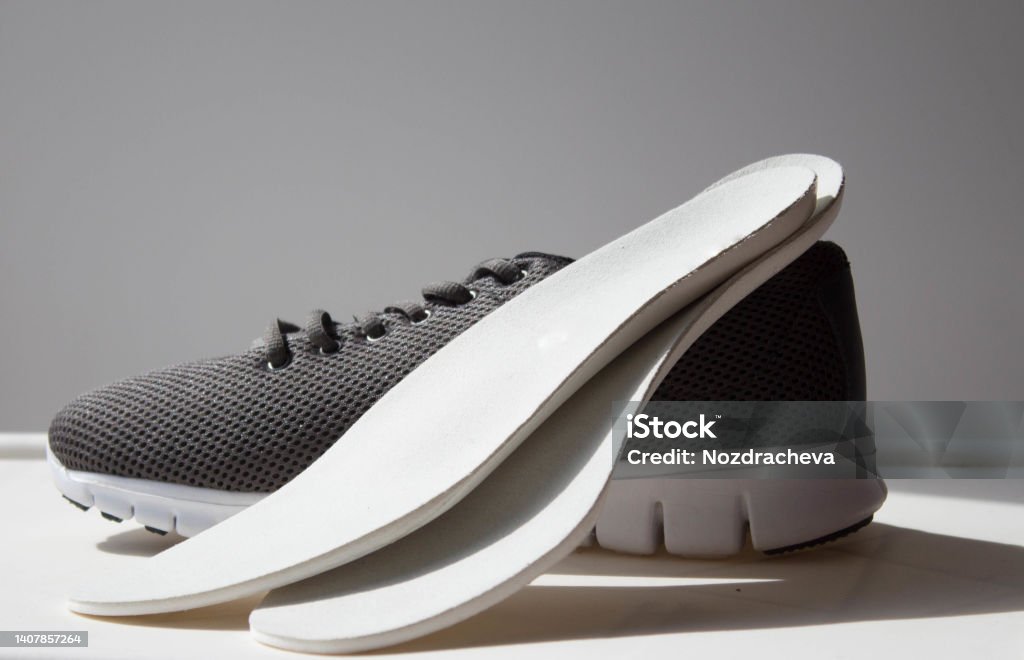The Unsung Heroes: Work Shoe Insoles Enhancing Comfort and Productivity:


Introduction:
Work shoes insoles in the fast-paced world of professional life, where individuals spend a significant portion of their day on their feet, the importance of comfortable and supportive footwear cannot be overstated. Work shoes insoles designed for various occupational environments, often come equipped with essential features to ensure safety and durability. However, one component that tends to be overlooked is the insole. Work shoe insoles play a crucial role in providing comfort, support, and overall well-being during long hours on the job.
Understanding the Significance of Insoles:

Work shoe insoles, also known as footbeds or inserts, are the interior bottom part of a shoe that provides support to the foot. While the outer structure of work shoes is vital for protection against external hazards, insoles contribute to internal comfort and support. They serve as a cushion between the foot and the shoe’s sole, offering shock absorption, stability, and proper weight distribution.
- Enhanced Comfort for Prolonged Hours:
One of the primary benefits of high-quality insoles is the enhanced comfort they provide, particularly during extended periods of standing or walking. Occupations that require individuals to be on their feet for most of the day, such as healthcare professionals, retail workers, or construction workers, can benefit significantly from well-designed insoles. The additional padding and support reduce fatigue and alleviate discomfort, contributing to increased productivity and overall job satisfaction. - Shock Absorption and Impact Reduction:
Work environments often involve walking on hard surfaces, which can lead to increased stress on the feet and joints. Insoles with shock-absorbing properties help mitigate the impact of each step, reducing the strain on the feet and lower limbs. This is particularly crucial in sectors like manufacturing, where employees may be exposed to constant vibrations or uneven surfaces. Proper shock absorption can prevent long-term musculoskeletal issues, making insoles an investment in long-term health. - Arch Support for a Healthy Posture:
Many individuals have varying degrees of arches in their feet, and the lack of proper support can lead to discomfort and even contribute to conditions like plantar fasciitis. Work shoe insoles with adequate arch support help maintain the natural alignment of the foot, reducing the risk of strain and injuries. This is especially beneficial for professions that require a significant amount of standing or walking, as well as for individuals with flat feet or high arches. - Moisture-Wicking and Breathability:
Jobs that involve physical activity can lead to sweaty feet, creating an environment conducive to bacterial growth and unpleasant odors. High-quality insoles often incorporate moisture-wicking materials that draw perspiration away from the foot, keeping it dry and comfortable. Additionally, breathable insoles promote air circulation within the shoe, preventing the buildup of heat and maintaining a healthier foot environment.
Choosing the Right Insoles for the work shoes:
Selecting the appropriate insoles for work shoes involves considering the specific demands of the job and individual foot characteristics. Here are some key factors to keep in mind:
- Occupational Requirements:
Different professions have distinct requirements, and the choice of insoles should align with the nature of the job. For example, those working in construction may prioritize insoles with superior shock absorption, while healthcare professionals might seek options with enhanced arch support for long hours of standing. - Foot Type and Conditions:
Individuals with flat feet, high arches, or specific foot conditions (such as pronation or supination) should opt for insoles that address their unique needs. Customizable or orthopedic insoles are available to cater to various foot types, ensuring a personalized and comfortable fit. - Material and Durability:
The material composition of insoles influences their durability and performance. Look for insoles made from high-quality materials that provide both comfort and longevity. Consider options with antimicrobial properties to prevent the growth of odor-causing bacteria. - Size and Fit:
Insoles come in various sizes, and it’s crucial to choose the right size for a proper fit. Ill-fitting insoles can lead to discomfort and negate their intended benefits. Some insoles are trimmable, allowing users to customize the size to fit their specific shoes.
Conclusion:
Work shoe insoles may be a small component of the overall footwear, but their impact on comfort and well-being is substantial. Investing in high-quality insoles tailored to the demands of the job and individual foot characteristics can contribute to increased job satisfaction, improved productivity, and long-term foot health. As we navigate the dynamic landscape of professional life, let’s not underestimate the importance of these unsung heroes working diligently to support us, one step at a time.
